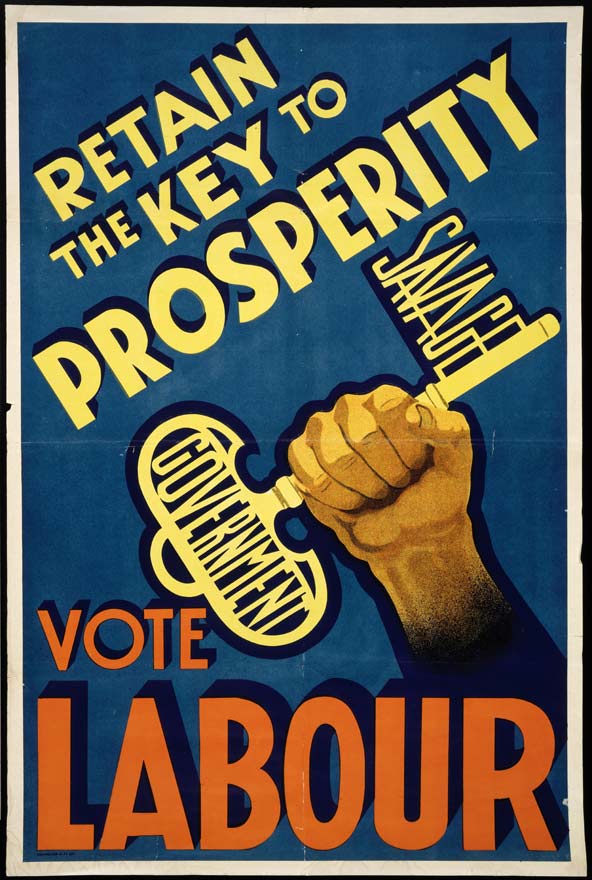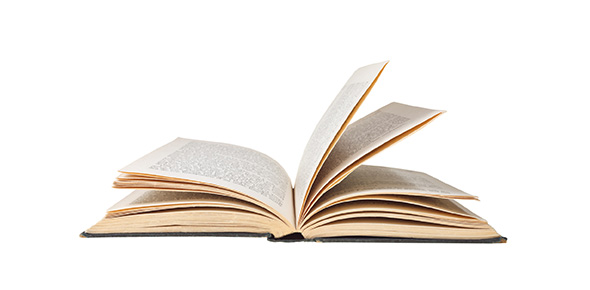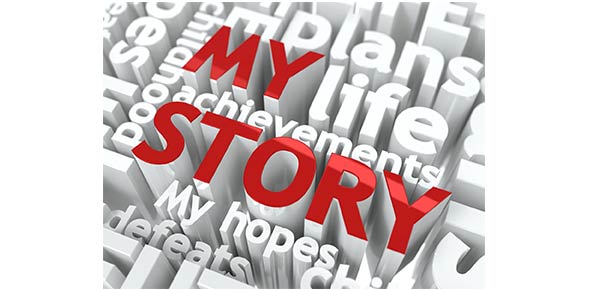Related Flashcards
Cards In This Set
| Front | Back |
 Common Wealth of nations |
An organization that promoted cooperation among the nations of the former British Empire.
|
 Labour Party |
This appealed Britons who wanted greater economic equality.
|
 Clement Attlee |
Prime Minister ; continued wartime restrictions to improve economy under Labour Party.
|
 Welfare state |
A system where government provides programs for the well being of citizens.
|
 Anthony Eden |
Conservativre; didnt eliminate the social welfare programs introduced by Labour Party. ended much of nationalization
|
 Harold McMillan |
Conservativre; didnt eliminate the social welfare programs introduced by Labour Party. ended much of nationalization
|
 George VI |
Popular wartime monarch; died in 1952 succeeded by his daughter Elizabeth.
|
 Elizabeth II |
As queen she had little if any power; many Britons thought of her as a symbol of traditional British values during rapid changes.
|
 Fourth French Republic |
Had a strong legislature and weak presidency.
|
 Coalitions |
Temporary alliances of several parties.
|
 Fifth French Republic |
Born after the French people approved a new constitution providing for a strong presidency.
|
 Algeria |
One of France's African colonies that de Gaulle allowed to become independent.
|
 Charles de Gaulle |
Leader of french Resistance during WWII called from retirement to lead an emergency governement 5th French Republic
|
 Gaulist Union |
Formed a working majority in the National Assembley.
|
 European Common Market |
An organization of European states that do not tariff each other.
|








